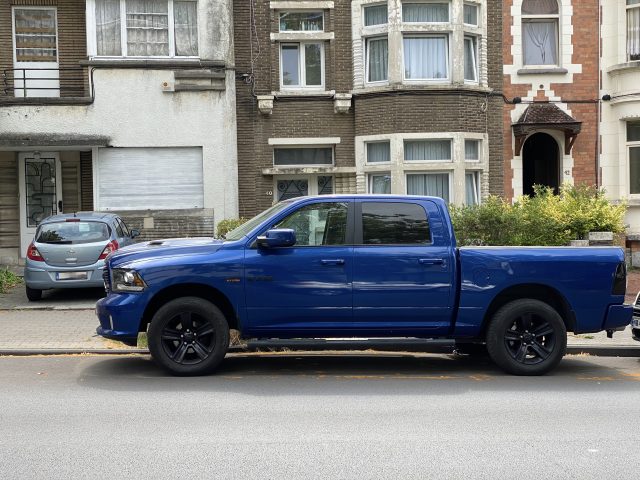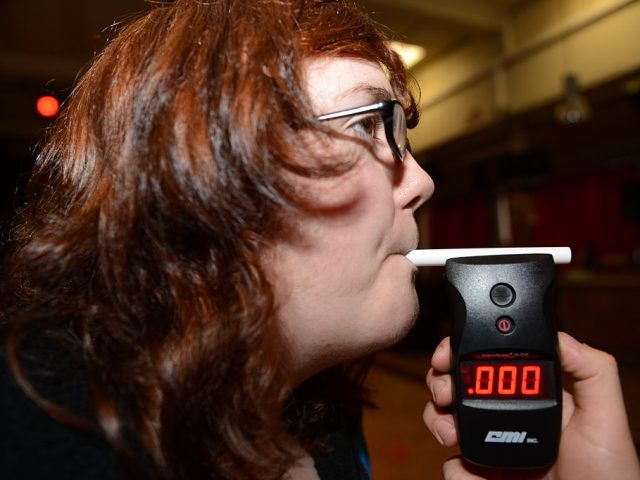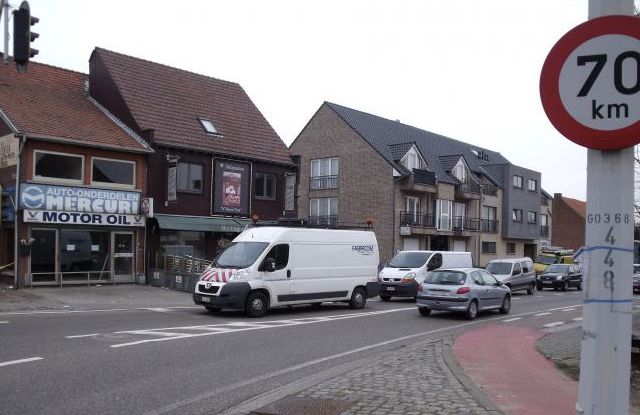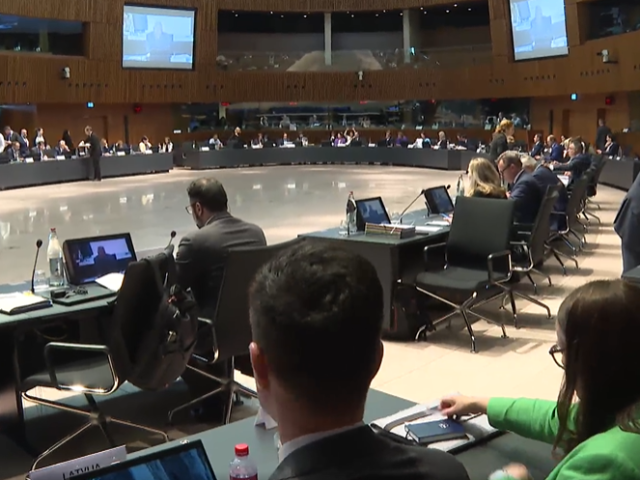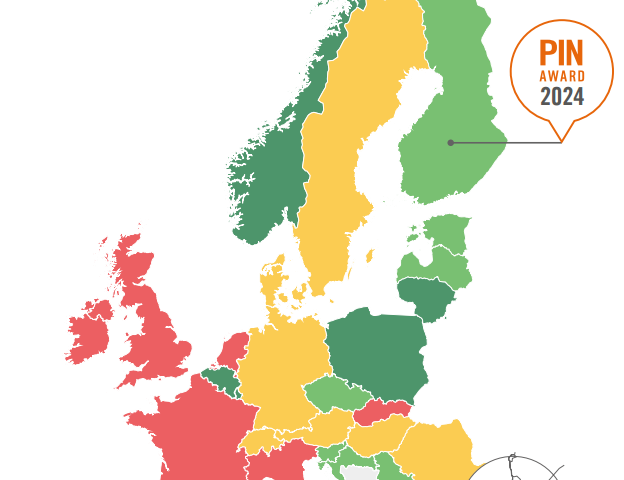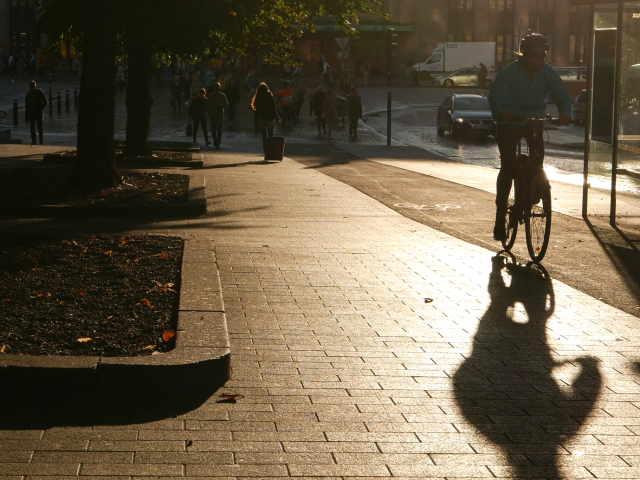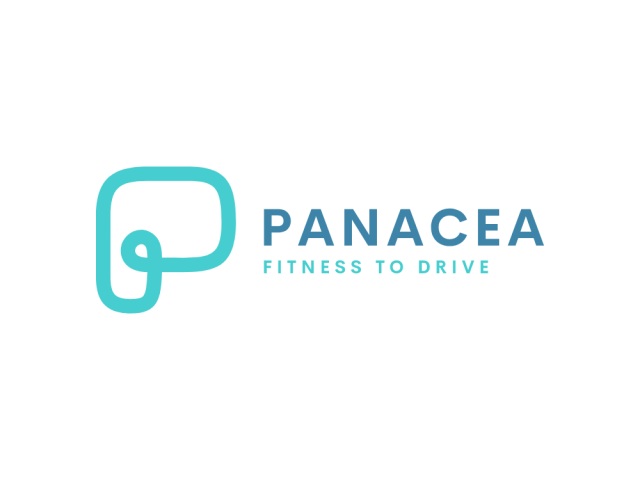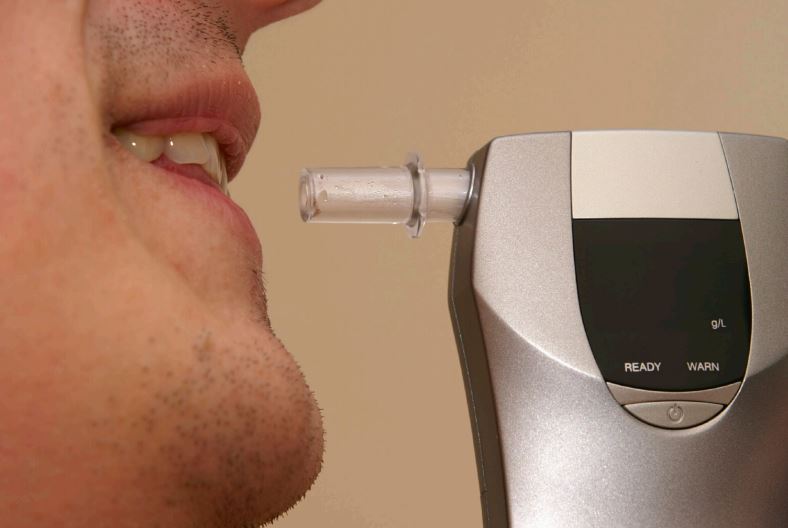
EU driving license changes give a boost for alcohol interlocks
A harmonised EU code on alcohol interlock devices for driving licences comes into force on 15 May in a move that could help boost usage and enforcement of the technology across Europe.
Several countries in the EU including Sweden, Finland, France, Belgium and the Netherlands have laws requiring drink driving offenders to install alcohol interlocks in their vehicles. The devices prevent the vehicle from being driven if the driver has been drinking.
6500 deaths could be prevented annually if drink driving was eliminated in Europe. Several studies have already shown that alcohol interlocks are very effective in cutting repeat drink driving offences. A Finnish report published in 2013, and based on four years of data, showed a recidivism rate of 6% when interlocks were used compared to the usual 30% rate in Finland.
However, until now, it has been difficult to enforce the requirements across EU borders because member states used different systems for restricting driving licenses. The new harmonised code, represented by the number 69, should now be used by those Member States that have alcohol interlock-based drink driver rehabilitation programmes.
Two reports carried out for the EU last year were supportive of further measures to boost the use of alcohol interlocks.
ETSC is calling for lorries and busses to be fitted as standard with alcohol interlocks and for a standard interface to enable easier fitting on cars used by drink driving offenders. The EU is currently reviewing which technologies should be included in new vehicles as part of its review of the General Safety Regulation.
- Click here for a map of EU countries currently operating, or planning alcohol interlock programmes.
